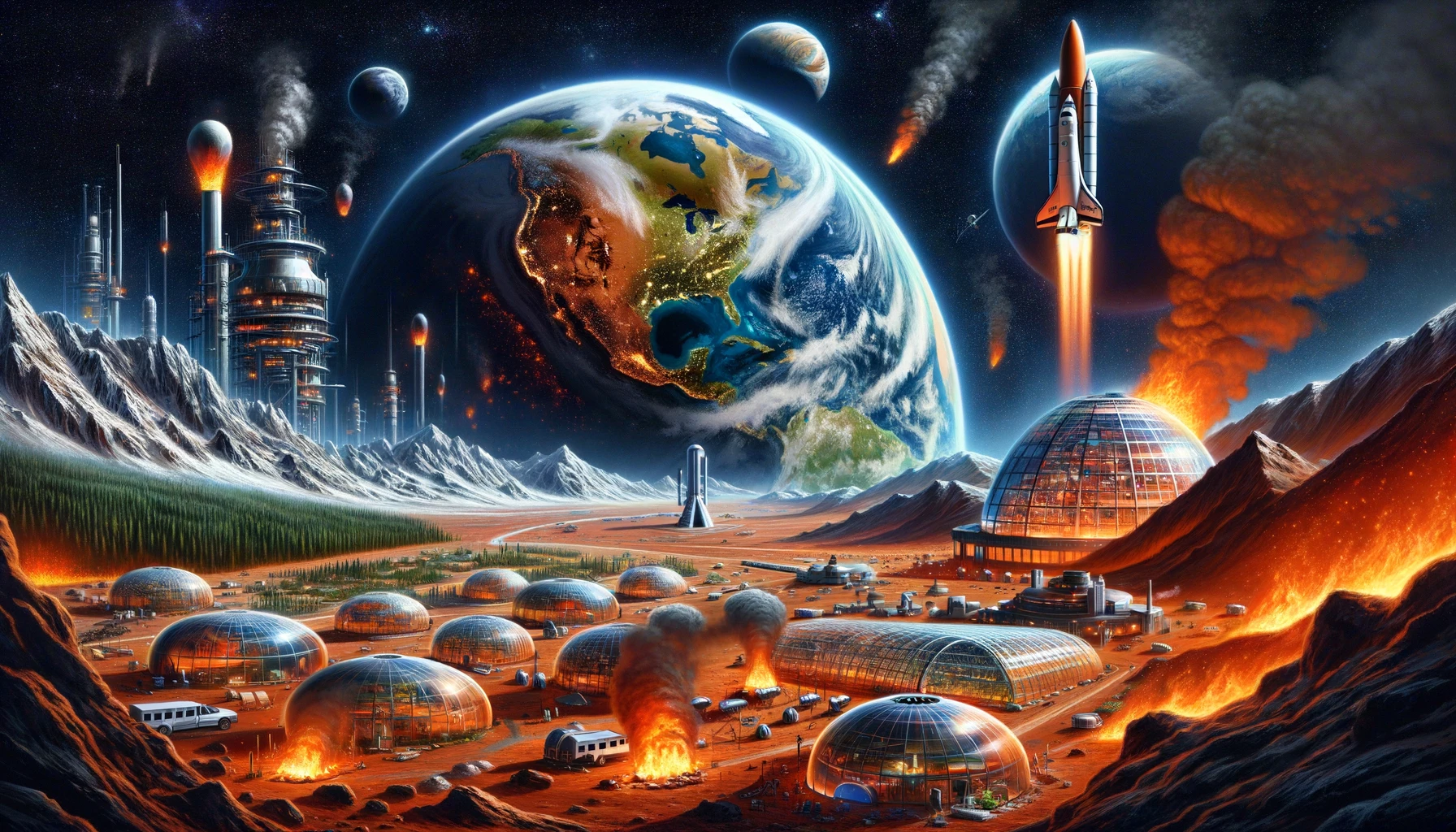In a landmark decision that’s being hailed as “a giant leap for mankind, sort of,” global leaders have unanimously agreed to a groundbreaking initiative aimed at tackling climate change. The pact, struck during the annual International Conference on Making Earth Great Again (ICMEGA), commits to either solving the climate crisis by the year 2050 or shifting focus to making Mars habitable—whichever milestone is achieved first.
“This is an ambitious yet entirely reasonable goal,” stated the conference chair, speaking from a podium made entirely of recycled political promises. “Why put all our eggs in one increasingly unstable basket when we have a perfectly good planet next door just waiting for a dome or two?”
Critics of the agreement have pointed out the slight issue that current technology for terraforming Mars is about as developed as the average teenager’s plan to clean their room “later.” However, supporters argue that with enough billionaire interest and a steady stream of reality TV funding, anything is possible.
The pact outlines several key strategies for Earth’s rejuvenation, including traditional approaches like reducing greenhouse gas emissions and novel ideas such as hosting a global thermostat adjustment day, where citizens of the world can agree on a comfortable temperature setting for the planet.
Parallel to these efforts, the Mars Habitation Initiative (MHI) will kick off, featuring a series of challenges designed to make the Red Planet more welcoming. These include “The Great Martian Bake Off,” where contestants will attempt to create breathable air out of carbon dioxide, and “Mars’s Next Top Model,” focusing on designing fashionable yet functional spacesuits.
In response to concerns about prioritizing Mars colonization over solving Earth’s issues, an official statement was released: “Look, we’re pretty sure we can do both. But just in case, we’re calling dibs on Mars. Better safe than sorry, right?”
The agreement has sparked a global conversation about the future of humanity, with many expressing excitement at the prospect of becoming interplanetary species. “It’s like a backup plan for civilization,” explained one enthusiastic supporter. “If we can’t save Earth, at least we’ll have a shot at ruining another planet.”
As part of the initiative, Earth Day will now be accompanied by Mars Day, a celebration of the potential of our planetary neighbor. Activities will include dust storm simulations and workshops on growing potatoes in inhospitable environments.
While the path forward remains uncertain, one thing is clear: the race is on to see whether humanity can band together to save its home planet or if it will need to start from scratch on Mars. Either way, it promises to be one heck of a journey.

